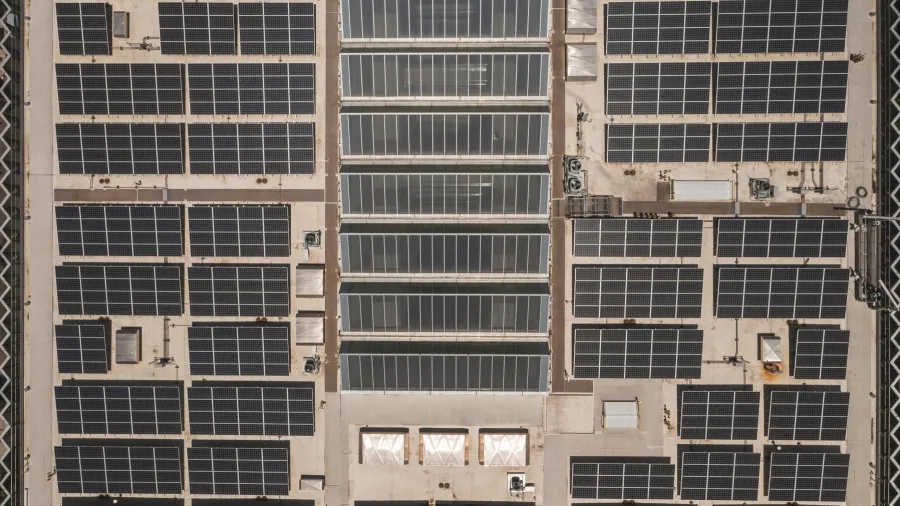
APAC markets turn to rooftop solar, nuclear power to meet RE targets
China and India implemented policy changes to boost their rooftop solar installations.
Asia Pacific countries are shifting their focus to rooftop photovoltaics and nuclear power as alternatives to achieve their renewable energy targets and climate commitments, according to GlobalData.
GlobalData noted that rooftop solar technologies are viable alternatives to meet its targets to avoid the need to acquire large land spaces for utility-scale solar projects.
China, for example, announced in 2021 required that 20% of every residential rooftop, 30% of every commercial rooftop, 40% of every non-government building, and 50% of every government building should have solar modules installed by end-2023.
In India, the government launched the Pradhan Mantri Suryodaya Yojana (PMSY) scheme in January 2024 to provide rooftop solar (RTS) to 10 million households, following a “disappointing renewable progress.”
ALSO READ: Bangladesh can save $1b with a 2,000 MW rooftop solar capacity
“The country can achieve similar success as China if the implementation is done in a robust manner. The PMSY scheme aims to help households ranging from poor to middle-income groups to get 300 units of free monthly solar electricity,” Attaurrahman Ojindaram Saibasan, Power Analyst at GlobalData, said.
“With the rise in electricity prices, this is expected to encourage the adoption of rooftop solar PV systems at a rapid pace,” he added.
Meanwhile, GlobalData noted Japan was forced to change its nuclear policy, with the launch of the New Basic Energy Plan in February 2023, despite reluctance to restart nuclear plants due to the Fukushima disaster to ensure a stable energy supply and to continue decarbonisation.
It said that the move was due to the increased energy prices due to Russia’s invasion of Ukraine.
“Similarly, in South Korea, the government placed tremendous focus on nuclear power in its tenth basic plan 2024-2038 wherein the country aims to increase nuclear power share to 32.4% in its generation mix,” Saibasan said.








![Cross Domain [Manu + SBR + ABF + ABR + FMCG + HBR + ]](https://cmg-qa.s3.ap-southeast-1.amazonaws.com/s3fs-public/styles/exclusive_featured_article/public/2025-01/earth-3537401_1920_4.jpg.webp?itok=WaRpTJwE)
![Cross Domain [SBR + ABR]](https://cmg-qa.s3.ap-southeast-1.amazonaws.com/s3fs-public/styles/exclusive_featured_article/public/2025-01/pexels-jahoo-867092-2_1.jpg.webp?itok=o7MUL1oO)









 Advertise
Advertise


